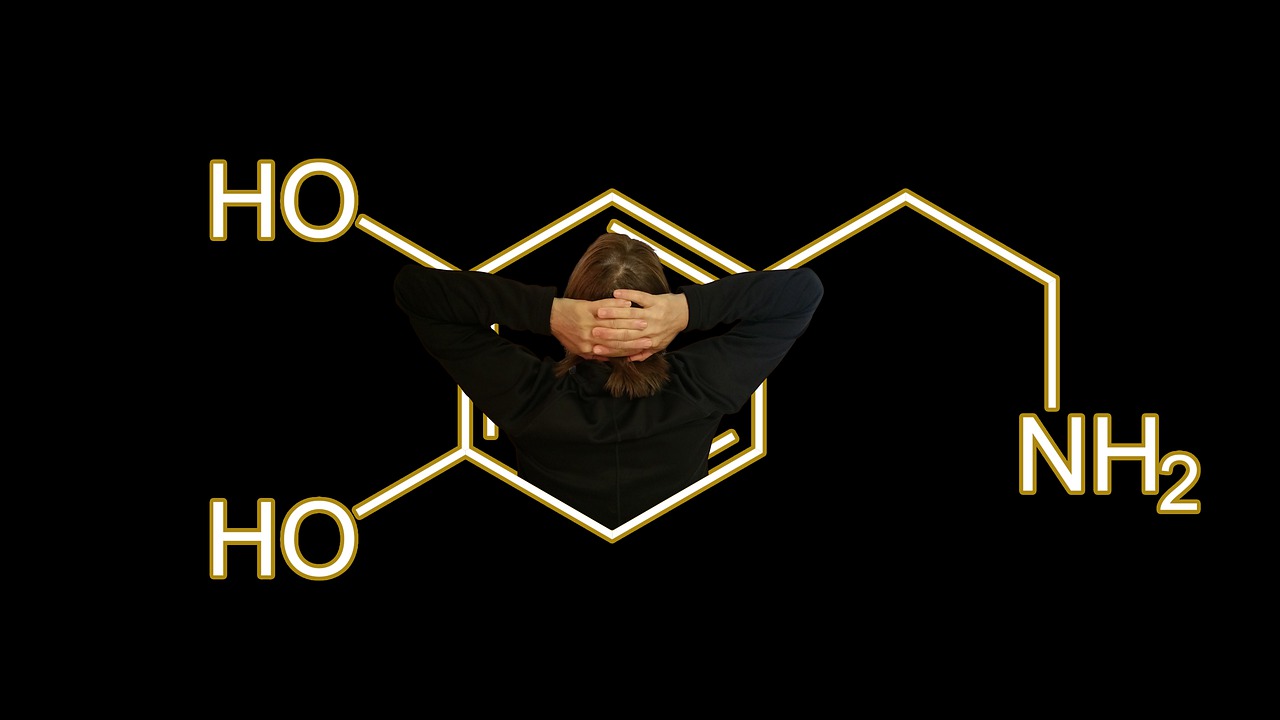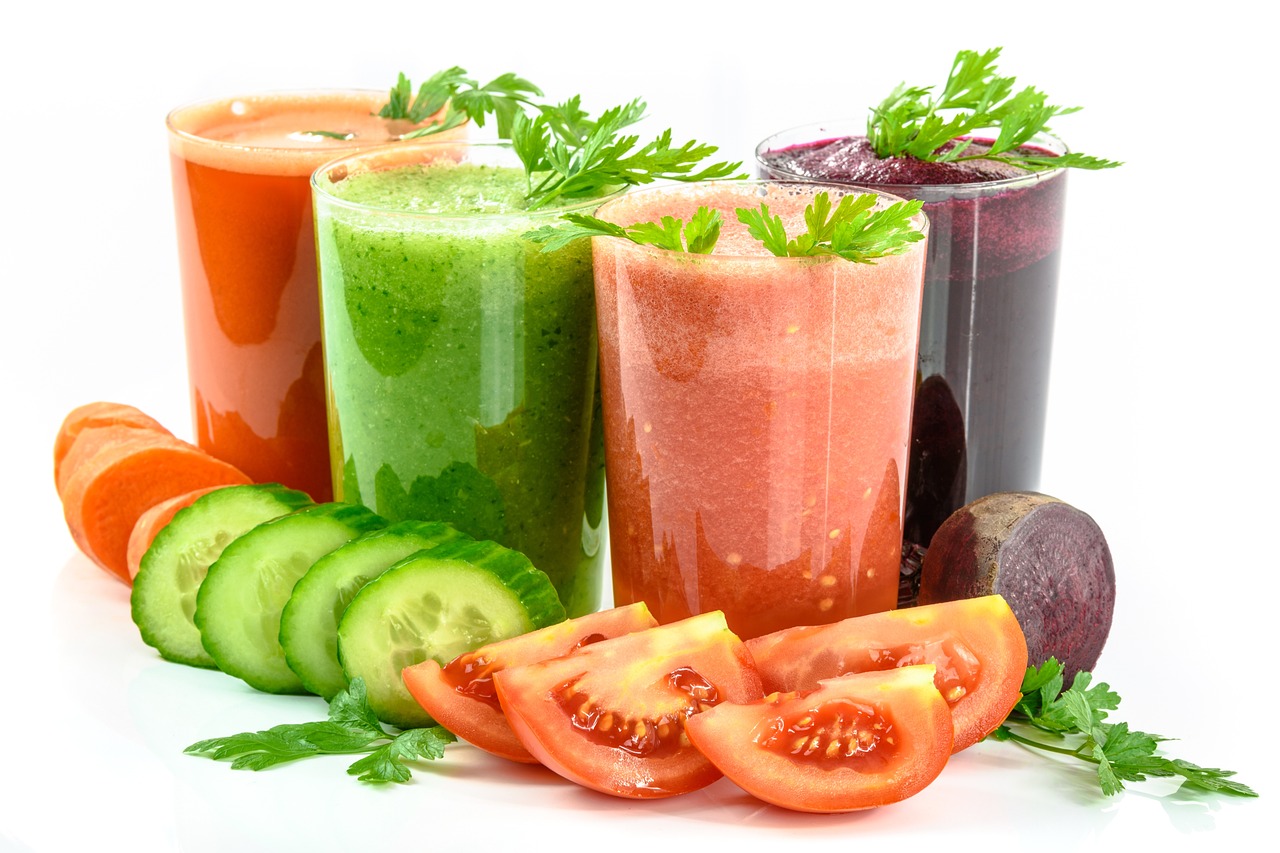lifestyle modifications

Fatigue Fighters’ Formula for well-being
In sedentary lifestyle, fatigue is common.

Nutrition For Well-being
Nutrition means that the food we eat and our body cells absorb nutrients from it which gives us perfect health.

All about inflammation.
Inflammation is body’s natural response to injury, viruses and bacteria. It is required. Inflammation becomes problematic when it does not move away and becomes chronic.

Thyroid gland: Heal through Lifestyle adjustments
The thyroid gland is a small butterfly shaped Endocrine gland located in the front of the neck, just below the Adam’s Apple. It plays an important role in regulating various bodily functions by producing, storing and releasing thyroid hormones.

Type 2 Diabetes: Understand the Root Cause
Millions of people around the world; teenagers, middle age group people, the elderly and even children all of us have been conditioned to believe that once you are diagnosed with diabetes and you are prescribed medication for type 2 diabetes, you have to continue taking it every single day.

PCOD/PCOS: Causes, Symptoms and Treatment
PCOS/PCOD is common among many women and young girls and is now spreading like an epidemic. First let’s understand the definition of PCOD and PCOS. PCOD (polycystic ovarian disease) and PCOS (polycystic ovarian syndrome) are similar but a little bit different.

Diabetes: Reverse with Foods and Lifestyle
By changing some food habits and lifestyle can help to reverse type 2 diabetes.

Reset Your Hormones for Well-being
By developing Healthy lifestyle and eating a well-balanced diet can help you to balance and reset your hormone levels. Hormones are chemical messengers that affect physical, mental and emotional well-being.

Detox the body by intermittent fasting
Intermittent fasting is a dietary pattern that involves cycling between periods of fasting and eating. It is often associated with weight loss. Some people believe that intermittent fasting can also help to detoxify the body.

Hormones: Unknown causes and symptoms for imbalances
Hormones are your body’s chemical messengers, produced in the endocrine system, including ovaries, adrenal glands and thyroid gland. These powerful chemicals travel around your bloodstream, telling tissues and organs what to do.

Addictions: 9 ways to break for wellbeing
Breaking addictions can indeed be crucial for oral wellbeing. Addiction refers to a dependence on substance or behaviors that can have detrimental effects on physical mental and emotional health. Whether its substance abuse such as drugs or alcohol or behavioral addictions like gambling or excessive internet use or social media.

Summer Season: 8 tips to stay healthy
During the summer, our bodies lose water rapidly. It is essential to lost water to keep the body’s electrolytes in balance and remain hydrated.
